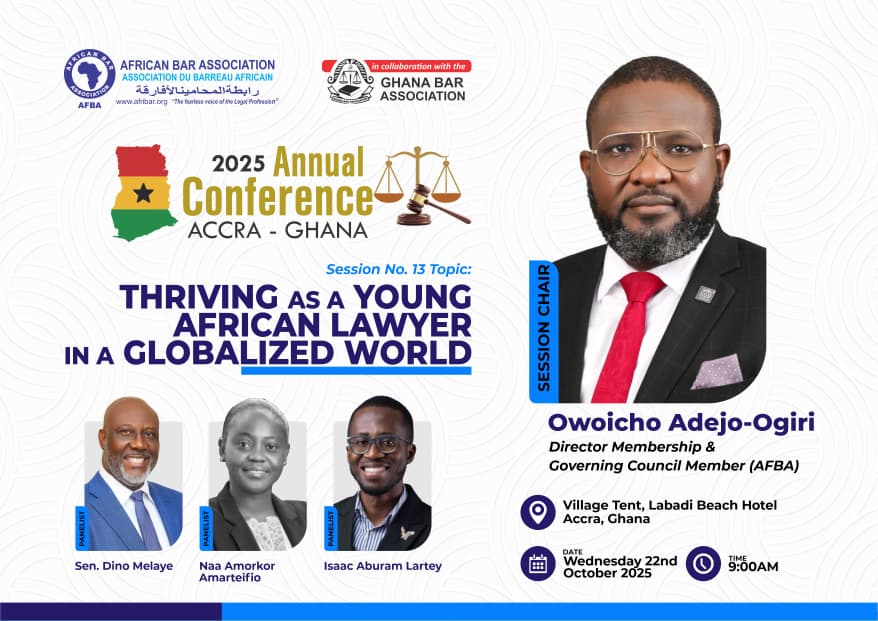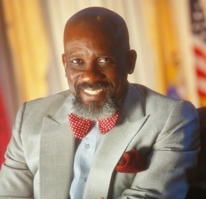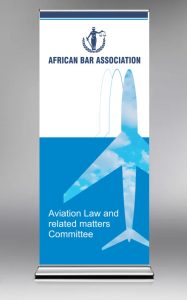At the ongoing African Bar Association (AfBA) Annual Conference in Accra, a powerful session chaired by Owoicho Adejo-Ogiri, Managing Partner of Crest Hill Law Office, brought together legal minds including Senator Dino Melaye, Naa Amorkor Amarteifio, and Isaac Aburam Lartey. The session, themed “Thriving as a Young Lawyer in a Globalised World,” challenged young African lawyers to rise beyond limitations, embrace technology, and position themselves as global leaders of the profession.
Adejo-Ogiri opened the discussion by describing the global legal market as a trillion-dollar industry increasingly shaped by digital transformation and cross-border collaboration. He predicted that by 2034, global legal services will surpass USD 1.55 trillion, with Africa’s participation depending on competence and adaptability. “The world is not waiting for us,” he warned. “The lawyers who understand technology and global trends will define the post-pandemic legal era.” He urged African lawyers to move from “seeking access to shaping influence — from getting a seat at the table to deciding what’s on the menu.” Highlighting Africa’s vast potential, he noted that the continent’s 1.4 billion people represent immense human and intellectual capital waiting to be harnessed.
Senator Dino Melaye, speaking passionately on the same panel, called on young lawyers to become innovators and reformers rather than passive participants in outdated systems. “Africa does not lack laws; it lacks lawyers who dare to reimagine them,” he declared. He decried the structural and economic challenges facing young lawyers, including poor remuneration, weak mentorship, and limited access to growth opportunities. Melaye argued that technology should be central to modern legal education, not an optional skill. He called for mentorship-driven training, cross-border practice opportunities, and fair pay structures to restore dignity to the profession. “Economic hardship is the greatest threat to legal integrity,” he cautioned, urging the AfBA to champion reforms that empower young practitioners to thrive.
Echoing similar sentiments, International Lawyers for Africa (ILFA) alumni Naa Amorkor Amarteifio and Isaac Aburam Lartey stressed the importance of international exposure for African lawyers seeking to remain competitive. “To thrive globally, you must think beyond your jurisdiction. The world is your courtroom,” Lartey remarked. They highlighted that the global legal services market, projected to grow to €1.33 trillion by 2034, offers vast opportunities for African lawyers who build cross-border competence. Amarteifio shared her experience working with Hogan Lovells on international disputes, while Lartey reflected on his time at Mayer Brown International LLP, where he gained vital exposure to global commercial practice. Both underscored that mentorship, postgraduate education, and international collaboration remain key tools for professional growth.
The speakers agreed that the post-pandemic world has changed the nature of legal work forever. Virtual courts, remote practice, and artificial intelligence now define modern law. Adejo-Igiri urged lawyers to see themselves not only as practitioners but as problem-solvers. Melaye called on young professionals to expand into emerging areas like fintech regulation, energy law, arbitration, and environmental justice. Amarteifio and Lartey added that international partnerships and postgraduate studies can help young African lawyers acquire the skills needed to lead in the global marketplace.
In conclusion, the panel called for a united and forward-looking African legal community that is ethical, innovative, and globally connected. “Our practice may start local,” Adejo-Ogiri said, “but our competence must be global.” Together, the speakers delivered a shared message of empowerment: Africa’s legal future will be written by those who master technology, uphold integrity, and dare to think beyond borders.





